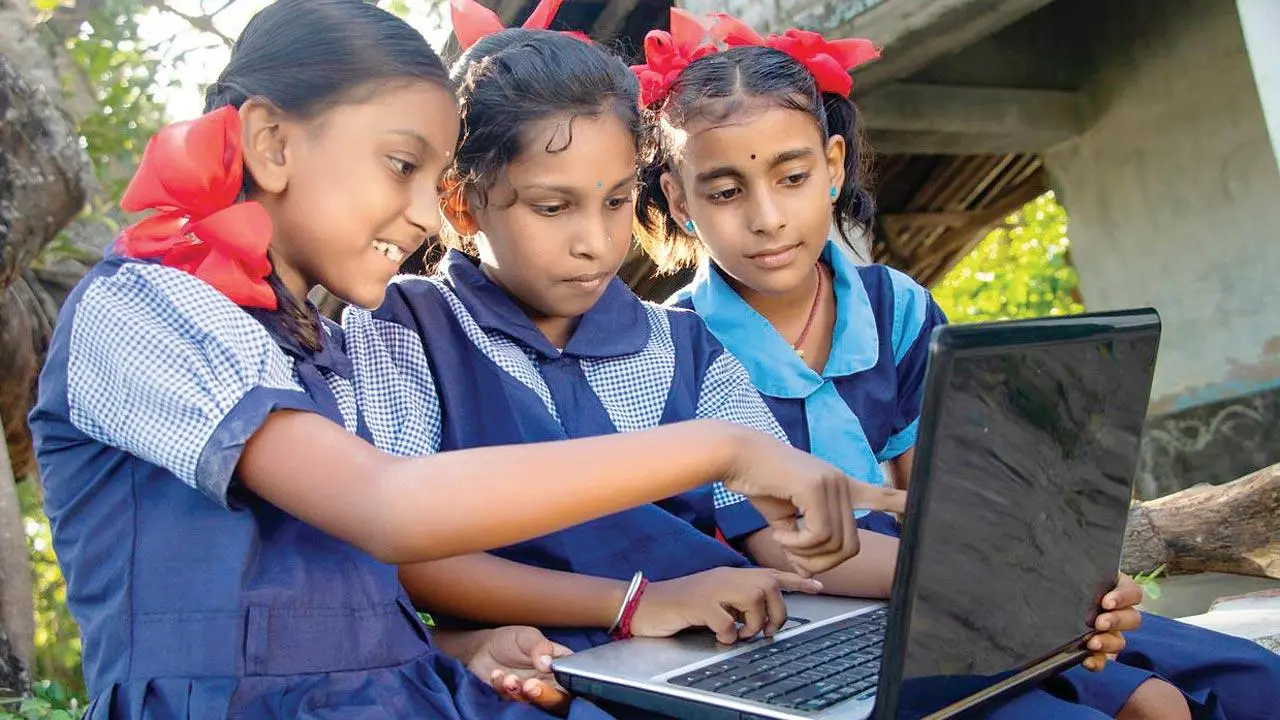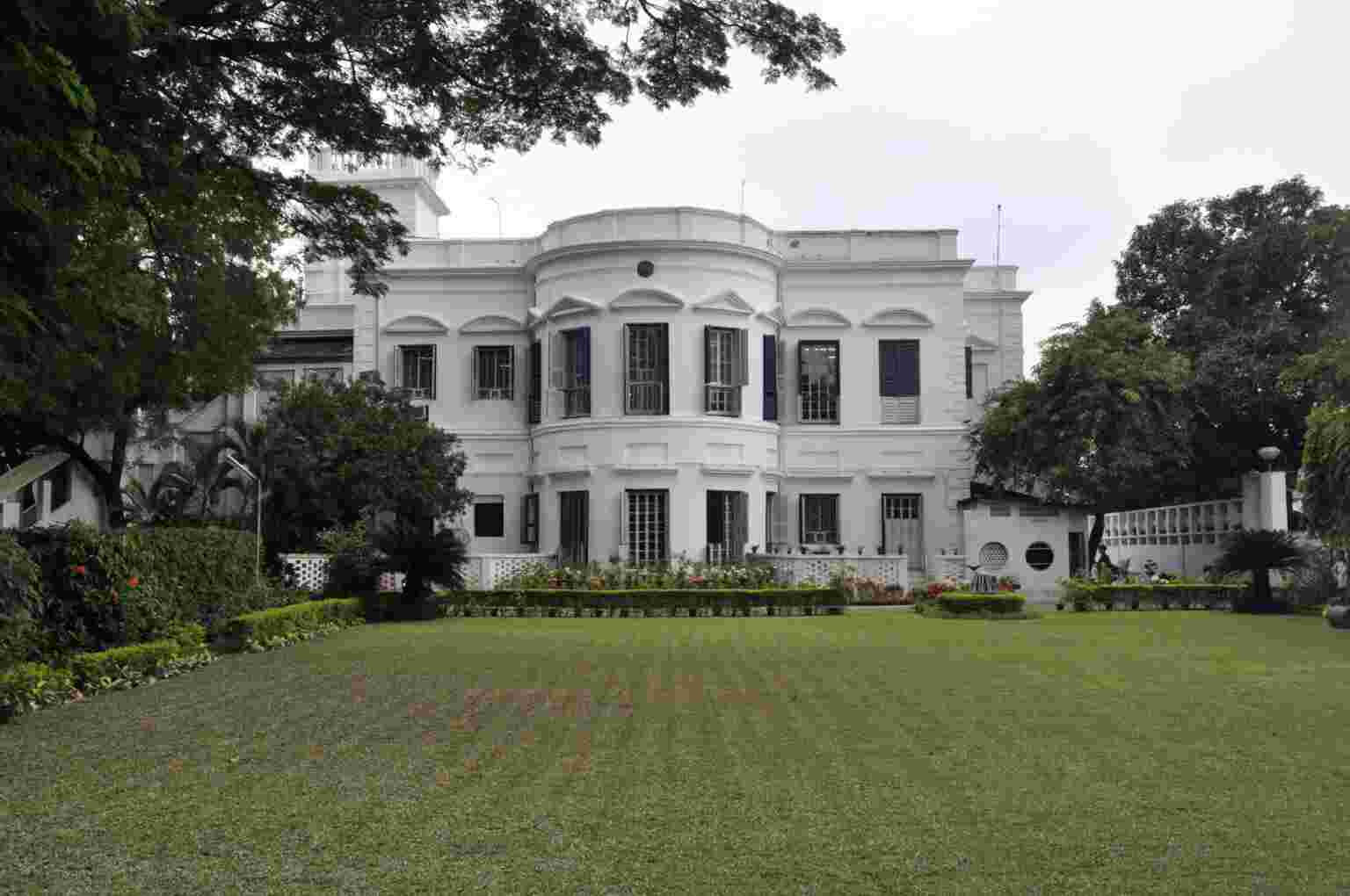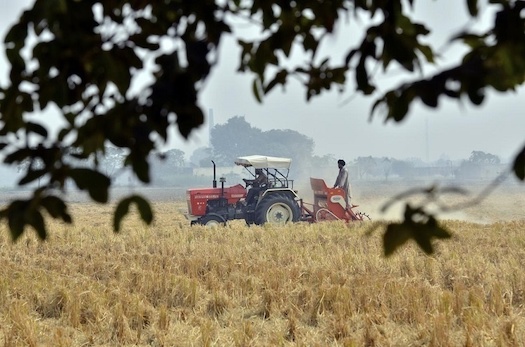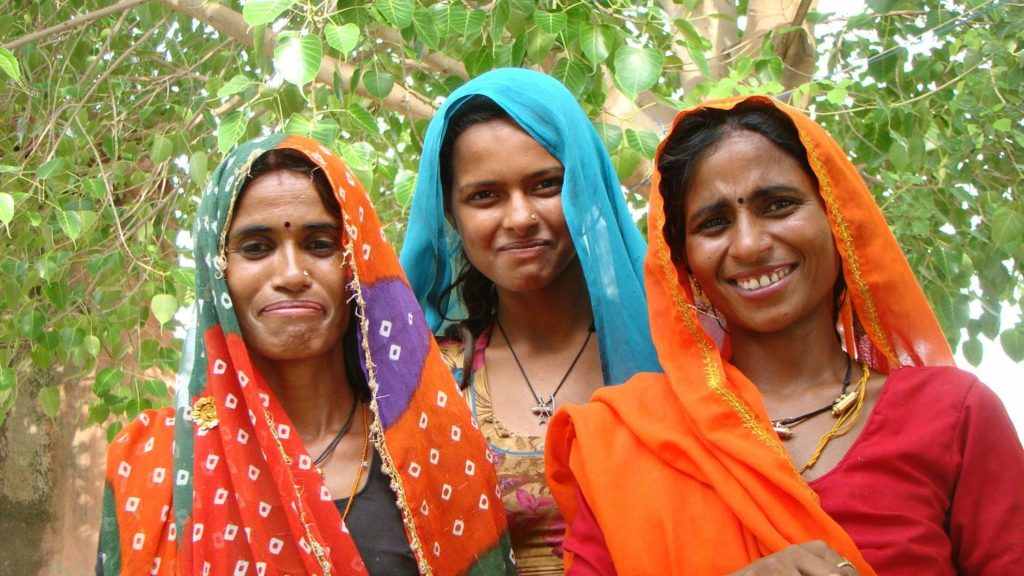Established in 1910, ITC Limited is a diversified conglomerate with businesses spanning Fast Moving Consumer Goods comprising Foods, Personal Care, Cigarettes and Cigars, Education & Stationery Products, Incense Sticks and Safety Matches; Hotels, Paperboards and Packaging, Agri Business and Information Technology.
ITC Limited, one of India’s leading multi-business conglomerates, is headquartered in Kolkata. Initially known as the Imperial Tobacco Company of India Limited, it has since diversified beyond tobacco to become a major player in various sectors. ITC is known for its strong brand-building capabilities, distribution network, and commitment to sustainability. It has also been recognized for its focus on social development initiatives.
ITC CSR spending in FY 2023-24
The company spent Rs 404.05 crores on CSR initiatives in the FY 2023-24, which is slightly higher than what it was obligated to spend as per the Company’s Act (Rs 403.47 crores).
The company’s CSR projects are spread across 26 States/Union Territories covering over 300 districts.
ITC’s CSR programmes follow a bottom-up approach and keep community needs and priorities at the centre while also focusing upon organisational and national priorities.
The two most important stakeholders for ITC’s CSR projects are rural communities, primarily in the company’s agri-business areas and communities residing in close proximity to the company’s production units.
Mission Sunehra Kal
‘Mission Sunehra Kal’ (MSK) is the umbrella brand for interventions under ITC’s Social Investments Programme and is managed by a dedicated team spread across regions of India. Additionally, various CSR programmes are also implemented by business divisions in their areas of expertise. MSK aims to transform lives including those from the most marginalised amongst its stakeholder groups.
The company aims grass-roots empowerment, based on knowledge and technology transfer, confront livelihood challenges through a holistic approach to create healthy, educated, skilled and engaged communities which look to the future with confidence and determination and live a life with dignity.
CSR for Healthcare: ITC Swaasth Kiran
An integrated healthcare programme, ITC Swaasth Kiran was initiated in the districts of Saharanpur in Uttar Pradesh and Munger in Bihar. This intervention aims to improve the rural healthcare by providing affordable access to quality primary healthcare services at the doorstep with support from and in coordination with the respective district health departments.
Interventions under ITC Swaasth Kiran:
Mobile Medical Units
Each MMU is manned by a team comprising a doctor, nurse, pharmacist and a community mobiliser. They are equipped with necessary medicines, kit-based tests, and medical equipment. Consultations, tests and medicines are provided free of cost to the beneficiaries at their doorstep. The ground team works in coordination with district and block-level health officials, while the community mobiliser links specific groups of patients such as high-risk pregnant women with the relevant government system for referral and long-term care.
Currently, 13 MMUs are operational— 7 in Saharanpur and 6 in Munger, benefiting over 800 villages.
Under Swaasth Kiran programme, 5,600+ Health Camps have been organised, benefitting over 3.2 Lakh people, 58% of whom are women.
Mobile Vision Units
ITC’s Mobile Vision Units (MVUs) provide high-quality doorstep ophthalmology services to rural communities and are staffed by an optometrist, vision technician and community mobiliser. The intervention includes MVU1, which diagnoses refractive errors, prescribes eyeglasses, diagnoses cataracts etc, and MVU2, equipped with advanced equipment for diagnoses like glaucoma and diabetic retinopathy. Through Mobile Vision Units, over 1.65 Lakhs community members have been screened.
ITC has also partnered with Dr. Shroff’s Charitable Eye Hospital to support surgeries for underprivileged.
Certified Ophthalmic Paramedic
ITC’s Certified Ophthalmic Paramedic (COP) programme addresses the shortage of trained paramedics in the eye care sector. ITC supports 12th-pass girls in a 2-year course at Dr. Shroff’s Charitable Eye Hospital in Saharanpur, offering career opportunities in hospitals, clinics, and optical stores. All Vision Technicians in ITC’s MVUs are alumni of this programme.
Upgradation of Infrastructure in Primary Health Centres
The Primary Health Centres (PHCs) and sub-centres play an important role in preventive healthcare and are the most reliable primary care source for socio-economically weak households. ITC has undertaken to upgrade PHC infrastructure in alignment with the Indian Public Health Standards in select catchment areas. Special focus is given to activating Rogi Kalyan Committees, which encourage community participation and ensure post-project maintenance of the infrastructure.
Support to TB Mukt Abhiyan
ITC has supported the central Ministry of Health & Family Welfare’s Pradhan Mantri TB Mukt Bharat Abhiyaan to eradicate tuberculosis in Saharanpur and Munger.

CSR for maternal and child health
Around 14.61 lakh beneficiaries spread across 22 districts in eight states were covered under the company’s Mother and Child Health and Nutrition initiative aimed at improving the health-nutrition status of women, adolescents and children.
CSR for Education: Support to Education Programme
ITC’s Support to Education Programme aims at creating enabling conditions for underprivileged children to stay in school and complete their schooling as well as to improve learning outcomes through child-friendly pedagogy and interventions so that they have better skills and abilities by the time they complete their schooling.
ITC partners with education providers to introduce modern teaching and assessment methods that help children to achieve higher learning levels and better results. For example, the Read India Plus in partnership with Pratham, one of India’s leading NGOs in the education field – focuses on enhancing reading and mathematical ability among 6 to 14-year-old students.
The Primary Education programme aims to provide children from weaker sections of society access to education with focus on learning outcomes and retention. Operational in 34 districts of 15 states, the programme covered over 4.1 lakh children during the year, taking the cumulative coverage to over 15.31 lakh children.

ITC’s Supplementary Learning Centres in villages provide coaching to help weak students keep up in school and drop-outs to return to the school system.
‘Child-friendly Schools’ is a focus area for the programme, which looks at improving infrastructure at identified government-owned primary schools and anganwadis.
ITC works to strengthen School Management Development Committees so that parents are more engaged with local schools and take the onus of monitoring and maintaining the school infrastructure.
ITC also works to make smart classrooms functional either by installing new equipment or operationalising existing ones, and by training teachers to use them to improve learning methodologies and outcomes.
ITC’s intervention in education also extends to secondary education, focusing on girl students in Classes 9 to 12. The initiative addresses two segments – those who have dropped out and need to be mainstreamed, and those who are currently in school and need guidance to plan their future
CSR for Women: Women Empowerment Programme
ITC’s Women Empowerment Programme seeks to support women in breaking some of these barriers and in fully realising their potential as catalysts of social change. The programme aims to strengthen current livelihoods and build capabilities for the future, for the overall holistic development of marginalised and vulnerable communities – with special focus on women.
The programme provides a range of gainful entrepreneurial opportunities to underprivileged women. In addition, they are supported by financial assistance in the form of loans and grants, as well as strong market linkages to ensure long-term sustenance. ITC aims to provide women with opportunities to earn independent incomes, helping to strengthen their position as decision-makers in their families and communities.
ITC’s two-year Ultra-Poor Women Graduation Programme focuses on socio-economic inclusion through entrepreneurship for ultra-poor women-headed families living in extreme poverty, where a woman is the sole earning member.
CSR for Skill Development and Vocational Training
Skilling Programme
ITC’s skilling programme equips young adults from disadvantaged backgrounds with market-driven skills and vocational training to enhance their employability with in-demand competencies so that these potential job seekers are industry-ready and employable.
The skilling programme primarily offers courses in eight skills and is being implemented around ITC’s factories and agribusiness catchments in 34 districts across 16 states. During enrolment, the focus is on girls and youth from the socially challenged sections of society.
The Skilling & Vocational Training programme provides training in market linked skills to youth from marginalised sections including differently abled, to enable them to engage in decent livelihoods. 12,500 youth across 33 districts in 16 states were trained under different courses during the year, of which 49% were female.
Vocational Skilling at the Community Level
ITC has also initiated vocational skilling at the community level in villages across Maharashtra, Madhya Pradesh, Tamil Nadu, Telangana and Uttar Pradesh by leveraging government infrastructure to set up decentralised training centres. After completing the training programmes, candidates are given support to get jobs in the market so that they can start earning a decent living and contribute to the well-being of their families.
ITC’s decentralised training centres also provide opportunities to young women, including married women under 30 years of age, to acquire skills training in their own villages, instead of having to travel to nearby towns.
In 2023-24, over 250+ candidates, including 198 women, were trained in skills relevant to roles such as Assistant Electrician, Call Center Executive (CCE), Domestic Data Entry Operator (ITeS) and Retail Executive.
ITC Sangeet Research Academy
The ITC Sangeet Research Academy (ITC SRA) is a Hindustani classical music institution established by ITC Limited in 1977. It aims to preserve and promote India’s rich musical heritage, particularly the Guru-Shishya Parampara (teacher-student tradition), by nurturing exceptionally gifted students. The academy provides full scholarships for students to reside and learn under distinguished musicians within its Kolkata campus.
The academy integrates traditional learning with modern management principles to create a sustainable and effective learning environment. The eminent Gurus of the Academy, most of whom reside in the Academy’s campus, impart intensive training and quality education in Hindustani Classical Music to the Scholars.

The present Gurus of the Academy have been Padma Shri Pt. Ajoy Chakrabarty, Padma Shri Pt. Ulhas Kashalkar, Pt. Partha Chatterjee, Pt. Uday Bhawalkar, Vidushi Subhra Guha and Shri Omkar Dadarkar. The Academy’s focus continues to be on nurturing exceptionally gifted students selected from across India through a system of multi-level auditions.
Full scholarship is provided to them to reside and pursue music education in the Academy’s campus and in other designated locations under the tutelage of the country’s most distinguished musicians. The creation of the next generation of masters of Hindustani classical music for the propagation of a precious legacy continues to be the Academy’s objective.
CSR for Rural Development
ITC’s ‘Adarsh Gram Programme’ presently covers 361 model villages in the states of Andhra Pradesh and Karnataka. Under this initiative, the company supports villages to become economically, ecologically and socially sustainable.
ITC is also working with dairy farmers in Bihar, Jharkhand and West Bengal to improve productivity of animals through several extension services and to facilitate higher milk production. During the year, about 66,495 cattle of over 43,212 dairy farmers across 483 villages in nine districts of Bihar, three districts of West Bengal and one district in Jharkhand were supported.
Financial Literacy
The financial literacy and inclusion project, in partnership with Madhya Pradesh State Rural Livelihood Mission (MPSRLM) and CRISIL Foundation continued in its second phase of partnership covering all 52 districts of Madhya Pradesh.

Climate Smart Agriculture programme
The Climate Smart Agriculture programme attempts to de-risk farmers from erratic weather events through the promotion and adaptation of climate-smart agriculture premised on dissemination of relevant package of practices, adoption of appropriate mechanisation and provision of institutional services. Currently, 27.94 lakh acres spread over 85 districts across 19 states and 10.5 lakh farmers including 1.95 lakh women farmers.
Sustainability Initiatives by ITC
Watershed Development Programme
To address the magnitude of water stress, ITC runs a water stewardship programme, a community-based initiative that augments water supply at the sub-catchment level. Based on recommendations of our hydro-geological studies focused on harvesting rainwater, the company has initiated interventions like development/ management of local water resources with community participation and building, reviving and maintaining water harvesting structures for storage.
A key part of ITC’s water stewardship approach involves adopting sustainable practices within the company’s areas of operation as much as possible. The company’s various units implement action plans to work towards maximising rainwater harvesting through use of technology and advanced processes, audits and international benchmarking. Efforts include constructing recharge pits, collection tanks, filtration units for reducing dependence on fresh/ground water.
Work has been done in four river basins till date in Maharashtra (Ghod basin), Madhya Pradesh (Kolans basin), Tamil Nadu (Upper Bhawani basin) and Telangana (Murreru basin) and work initiated in the fifth basin in Karnataka (South Pennar basin). The coverage of water stewardship programme currently extends to 55 districts of 17 states. During the year, the area under watershed increased by over 1.68 lakh acres, taking the cumulative coverage area to over 16.38 lakh acres.
Urban Water Management Initiative
Recognising the escalating water stress in urban areas, ITC also implemented urban water management programmes in several places including Kovai, Bengaluru and Tiruvottiyur, where our units are located. These programmes aim to address key challenges such as flash floods, depleting groundwater levels and water shortages with a focus on:
Reviving urban water bodies
Improving drainage systems
Implementing roof water harvesting
Recharging groundwater, including shallow aquifers
Developing models for water treatment and recycling for agricultural use
Biodiversity Conservation Programme
Preserving and restoring biodiversity is key for the long-term sustainability of agriculture and to build climate resilience. ITC’s biodiversity conservation programme focuses on reviving ecosystem diversity and services provided to agriculture. This facilitates natural regulation of pests, pollination, nutrient cycling, soil health retention and genetic diversity, which have witnessed considerable erosion over the past few decades.



